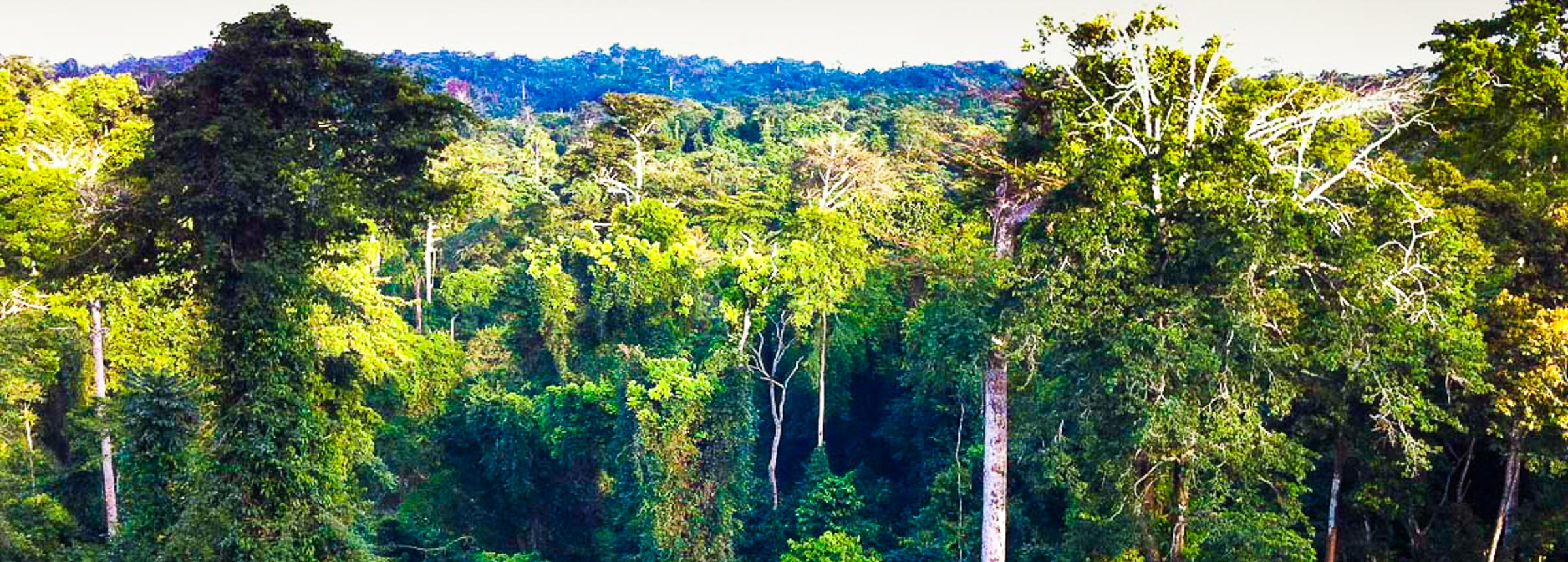Projects
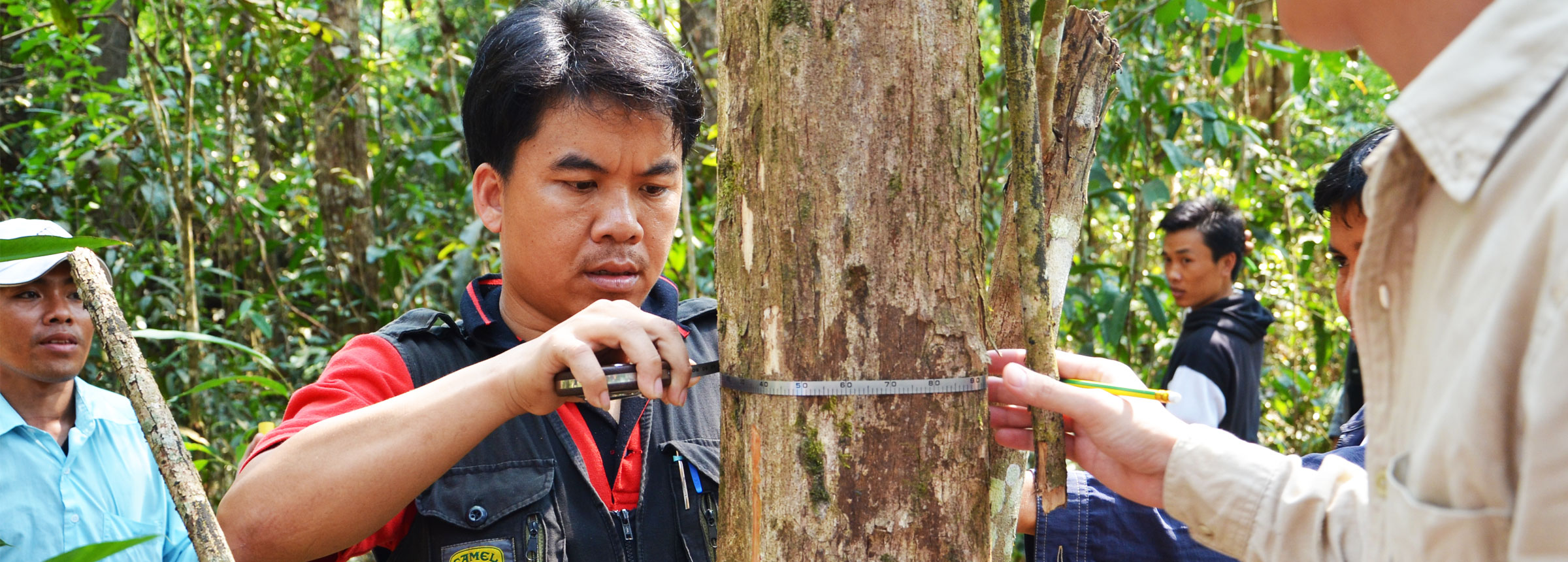
KKC Allometric Equation
Because forests have the capacity to store carbon, land management is a critical tool to address climate change. Fact-based decision making relies on accurate measurement of forest carbon. Winrock has conducted field training and developed a measurement methodology and manual that is being to create the biomass equations necessary to measure forest carbon stocks in […]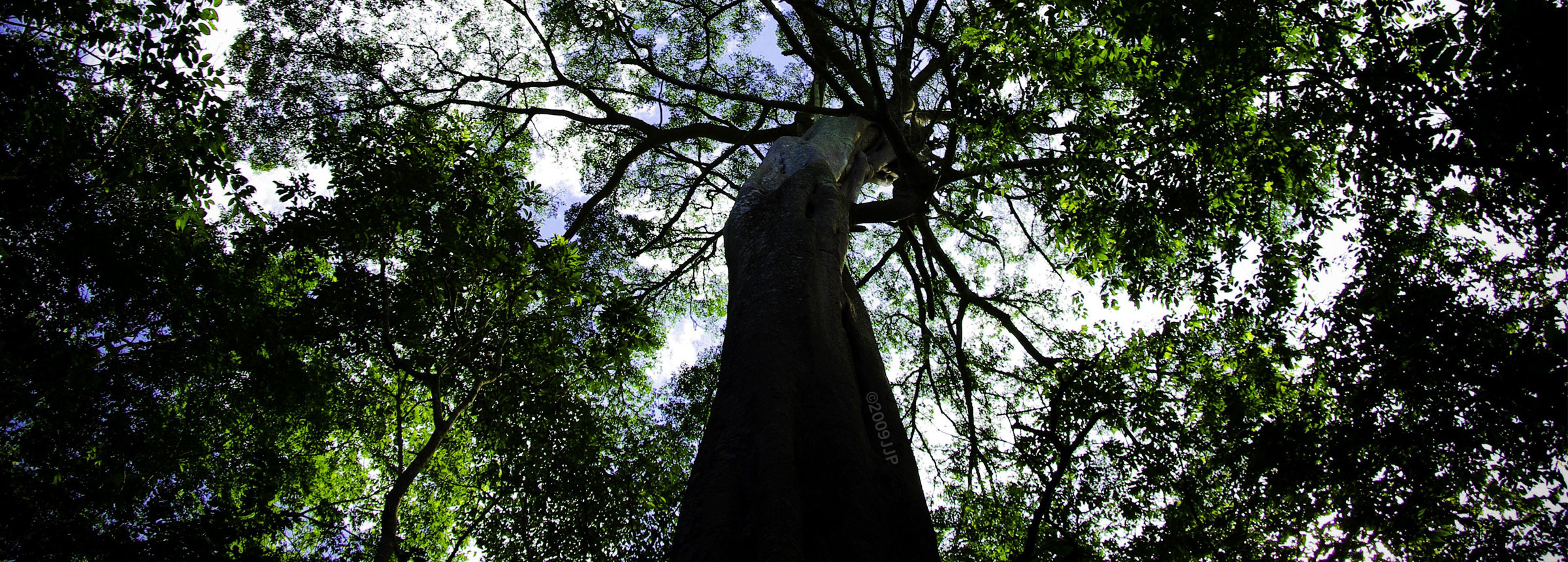
WB Liberia RL
The government of Liberia has embraced Reducing Emissions from Deforestation and Forest Degradation (REDD) as a tool to improve the management of its forests and capture climate finance opportunities that reward conservation. Winrock is assisting the government in its development of a REDD Readiness Program. In particular, Winrock provides training and technical assistance to develop […]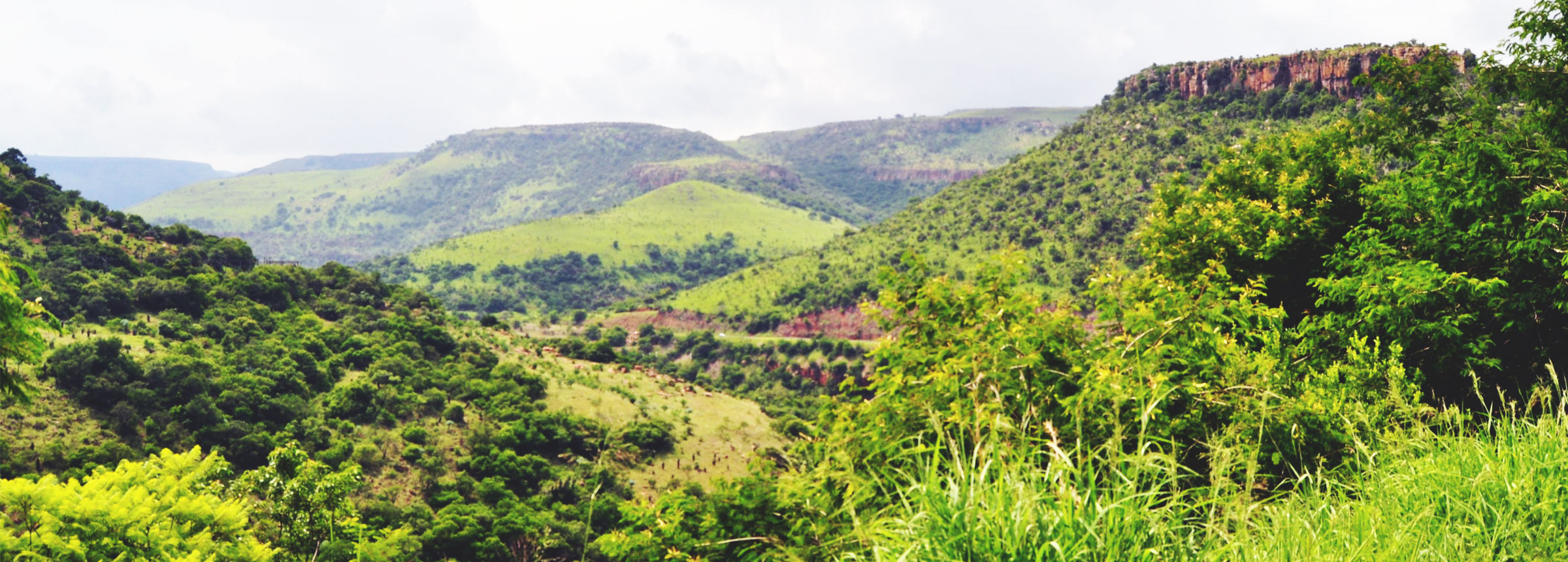
FUNAB WB Mozambique: Technical support for REDD+ Readiness
Like many other developing countries, Mozambique is exploring how it can reduce greenhouse gas emissions related to land use. The country is also eager to participate in global Reducing Emissions from Deforestation and Forest Degradation (REDD+) efforts, which provide countries financial incentives for sustainably managing their forests. As part of that effort, Winrock is providing […]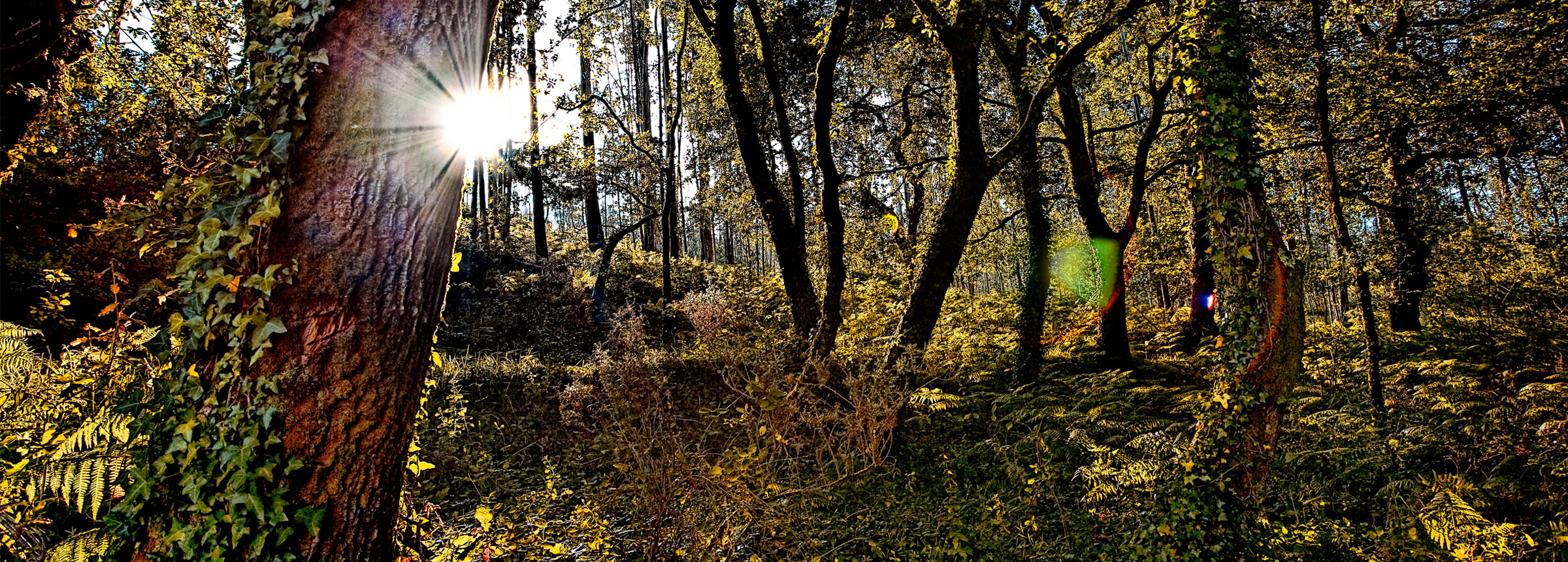
Chile ER-Program Tech Assistance
Chile is investigating the role its forests should play in reducing the country’s greenhouse gas emissions. With funding supplied by the World Bank, this program provides technical support to Chile’s National Forestry Commission as it formulates an emissions reduction program.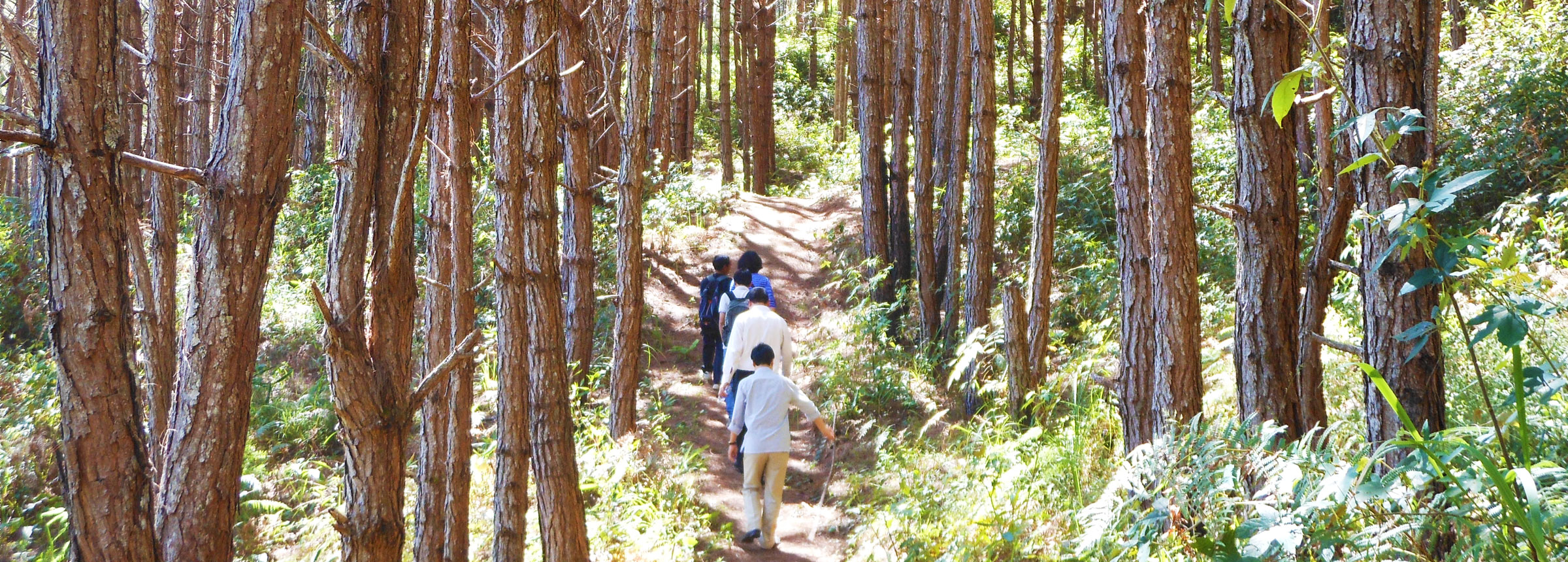
Lowering Emissions in Asia’s Forests (LEAF)
Asia’s forests are a critical economic and environmental resource for its people. Yet logging, farming and other human activities are accelerating deforestation at an alarming rate. This USAID-funded program developed a regional approach that promotes sustainable land use and establishes financial incentives for preserving critical forestland.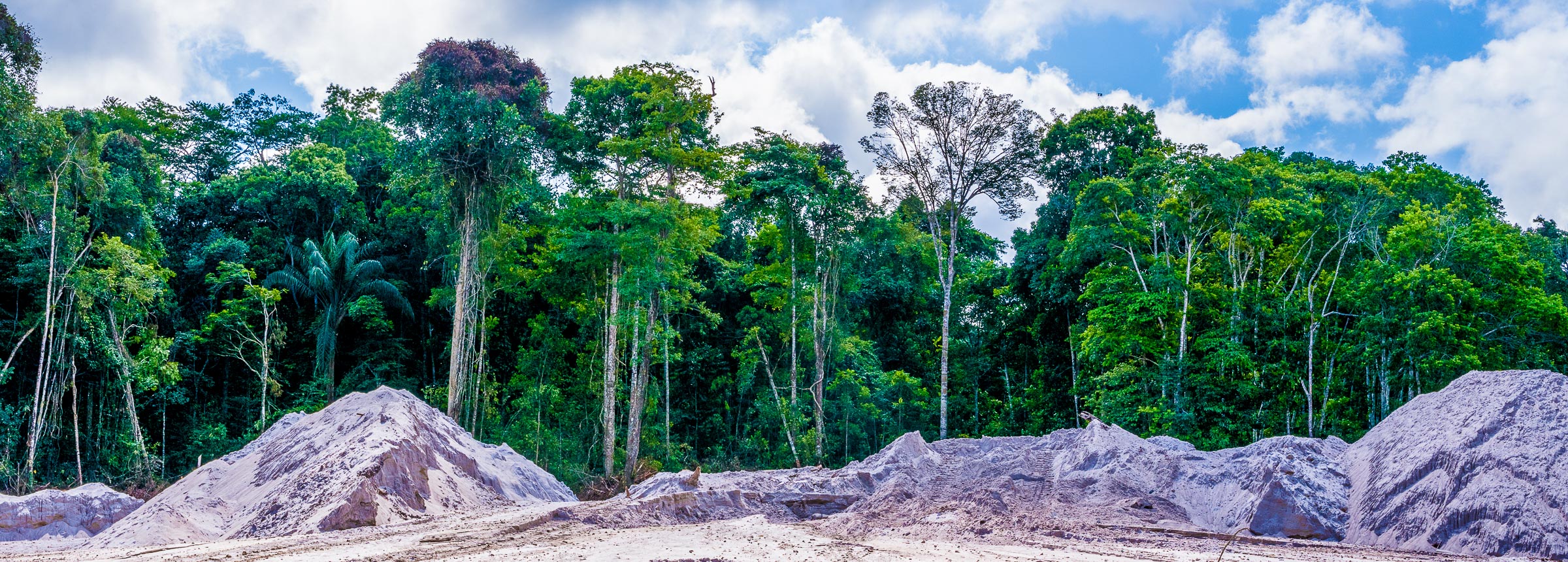
Guyana Forestry Commission Measurement Reporting and Verification (GFC: MRV II)
Heavily forested Guyana is at the forefront of global Reducing Emissions from Deforestation and Forest Degradation (REDD) efforts. In particular, the South American nation has signed an agreement with the government of Norway that financially rewards Guyana for protecting its forests from development. This program enhances the agreement’s transparency and credibility by providing monitoring, reporting […]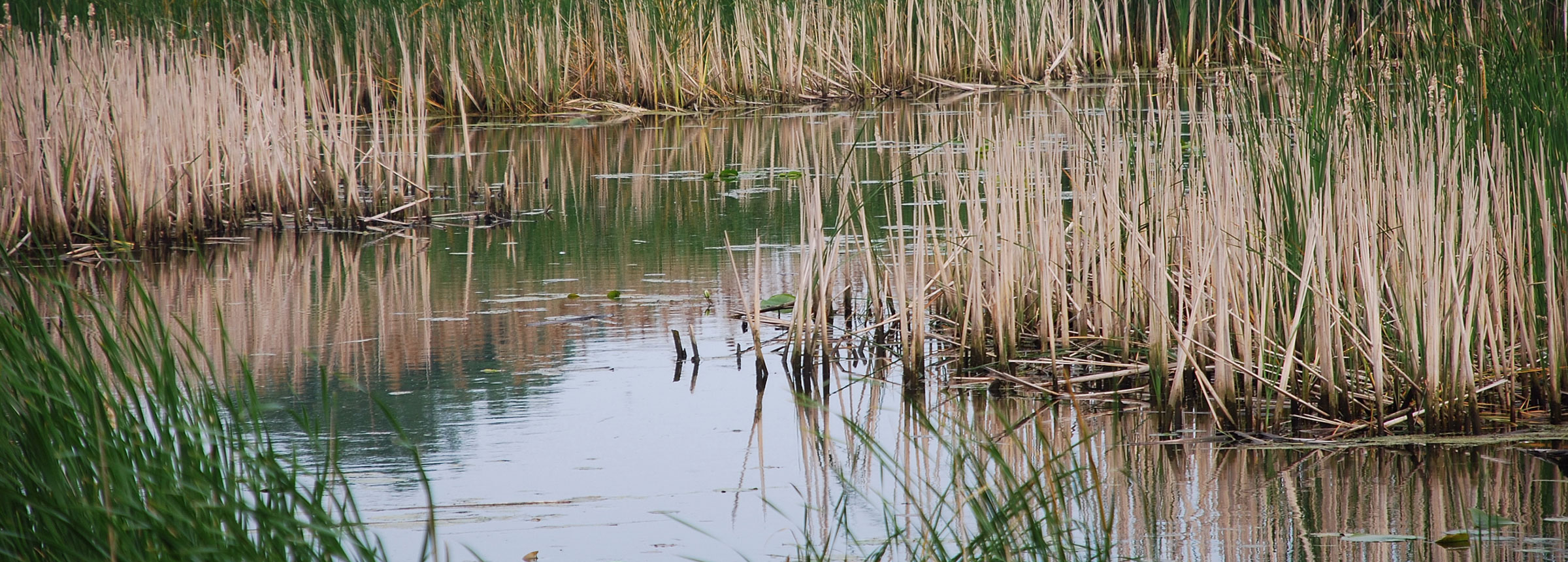
Cooling the Hotspots
Erosion and deteriorating water quality are just two of the negative consequences when fertilizer used to grow crops makes its way into lakes and streams. This collaboration between Winrock, Michigan State University, conservation groups and farmers establishes financial incentives to encourage farmers to improve their environmental performance in ways that simultaneously protect their livelihoods and […]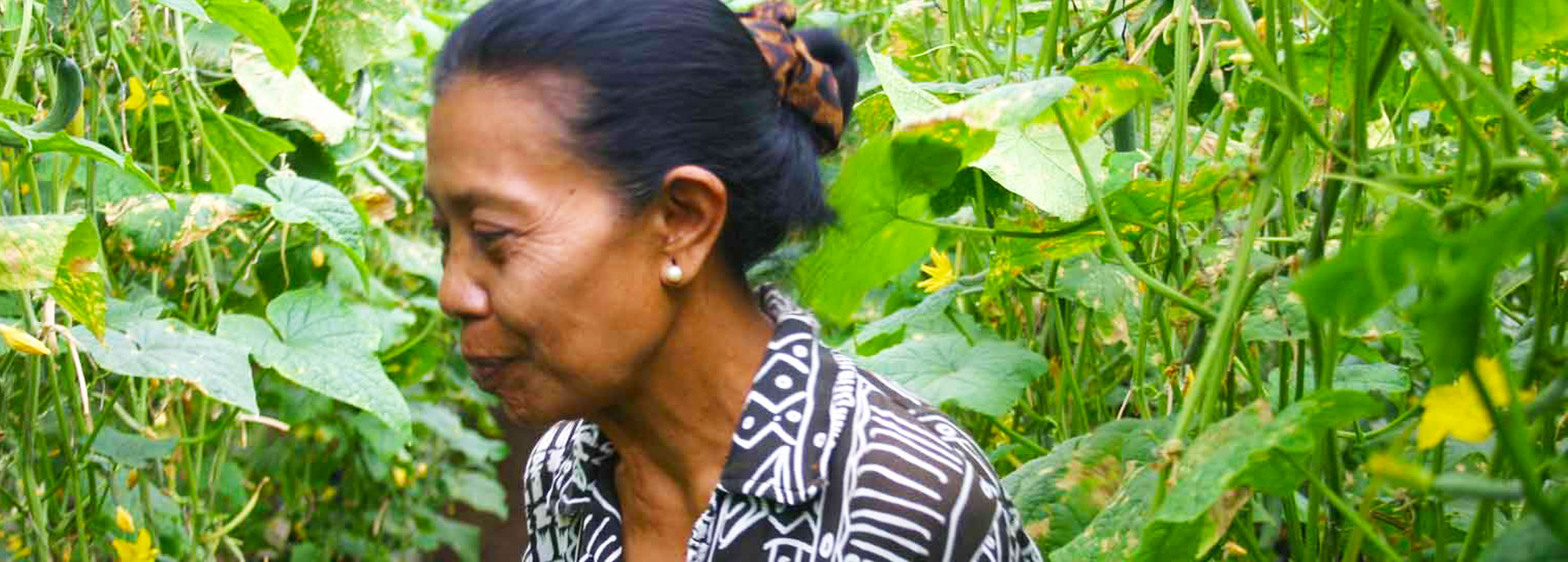
LESTARI
Indonesia boasts the third-largest expanse of tropical forests in the world. Sustainably managing this unique economic and ecological resource is important to both the economic well-being of many Indonesians and a world community increasingly focused on climate change. As a partnering organization in this USAID-funded project implemented by Tetra Tech, Winrock’s role is to provide […]